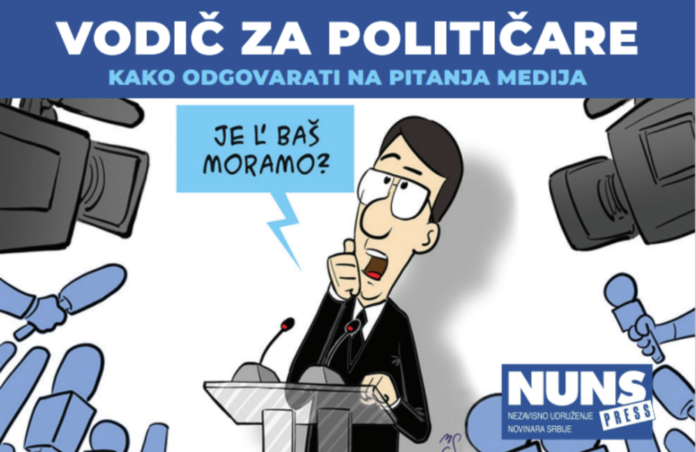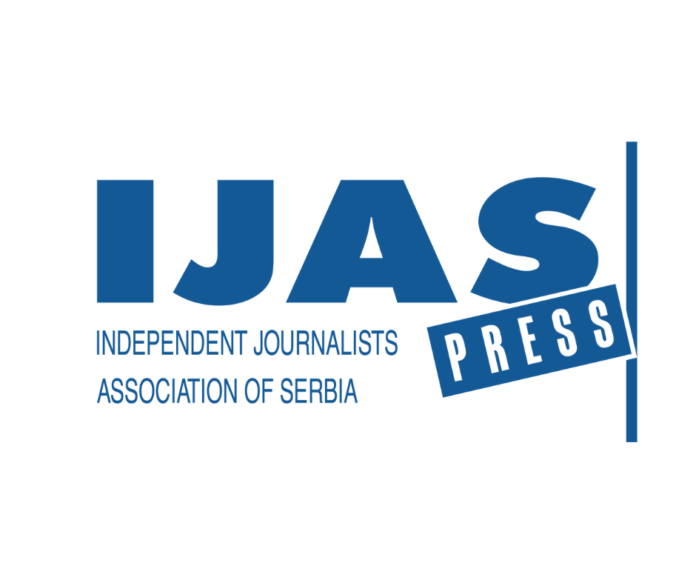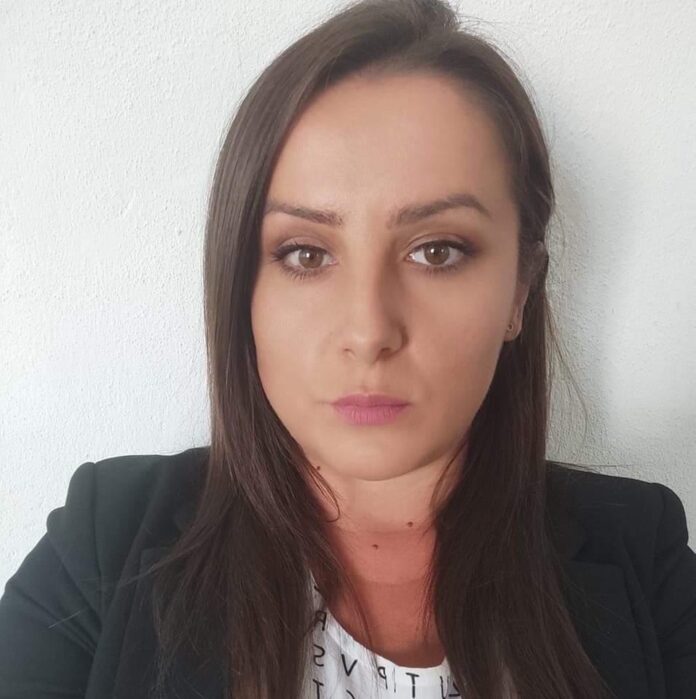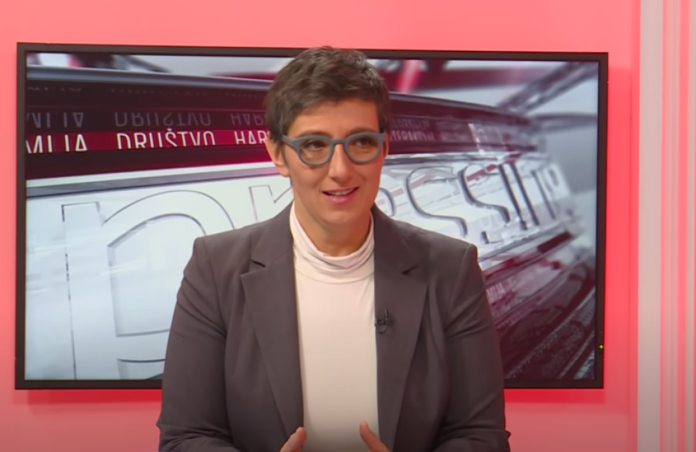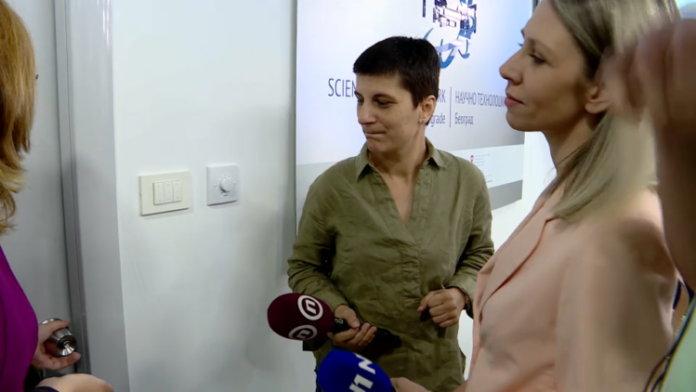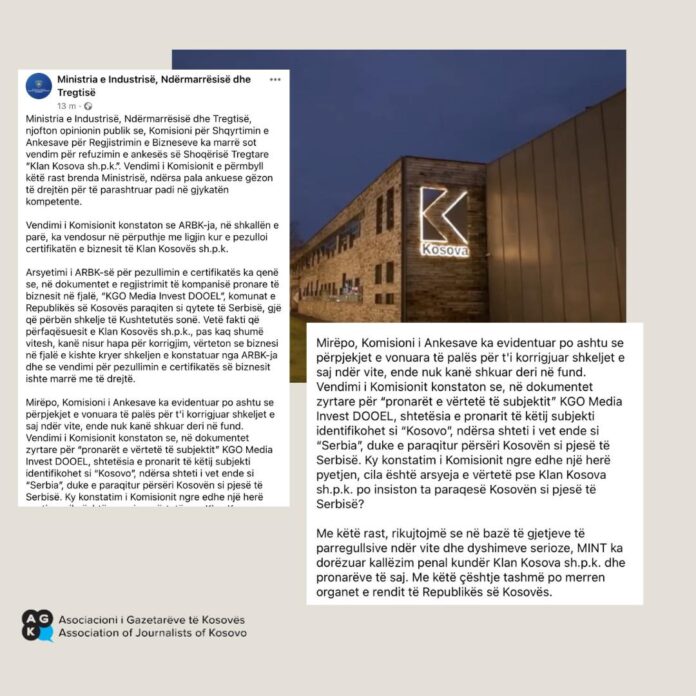Independent Journalists’ Association of Serbia (IJAS) sent a “Guide for the tolerant behavior of politicians towards journalists” to the president of the municipality of Backa Palanka, Branislav Susnica, after he verbally attacked a journalist from the BAP news portal because she asked how many unsecured live cables there are in the municipality, considering that since a 13-year-old child was electrocuted on Monday, and a few days before that his grandfather was also killed.
With this act, IJAS wants to tell Susnica that as a holder of public and political office, he is obliged to tolerate the presentation of critical opinions, which refer to the results of his work and the policy he implements (Article 8 of the Law on Public Information and Media). Therefore, to allow him to be asked a question, to provide an answer to that question, and to receive justified criticism of his work.
Susnica should understand that freedom of expression and freedom of the media are an integral part, and one of the basic rights and foundation of every democratic and legal state. With his behavior, Susnica showed a lack of respect for journalists, media freedoms, and democratic principles.
The guide was also sent to Prime Minister Ana Brnabic, as well as Minister of Information and Telecommunications Mihajlo Jovanovic, and Minister of Science, Technological Development and Innovation Jelena Begovic, at whose joint event journalists were not physically allowed to ask questions after the event – they were locked in a room.
The guide has 25 pages and contains 10 drawings by Marko Somborac, along with a text by Radmil Markovic, and it is intended as an instruction on how politicians should behave in given situations, and how they actually behave. With each example, the corresponding article of the Law on Information is listed, which explains the situation. The guide does not apply only to politicians, representatives of the ruling party, but to all politicians in Serbia, how they should actually behave towards journalists. It was conceived in the form of the “10 Commandments” (“do not kill a journalist”, “do not arrest a journalist for his writing”, “do not hit a journalist”, “do not threaten or target a journalist”, “do not insult a journalist”, “do not intimidate and don’t harass the journalist”, “don’t incite people against the journalist”, “answer the journalist when he asks”…).


